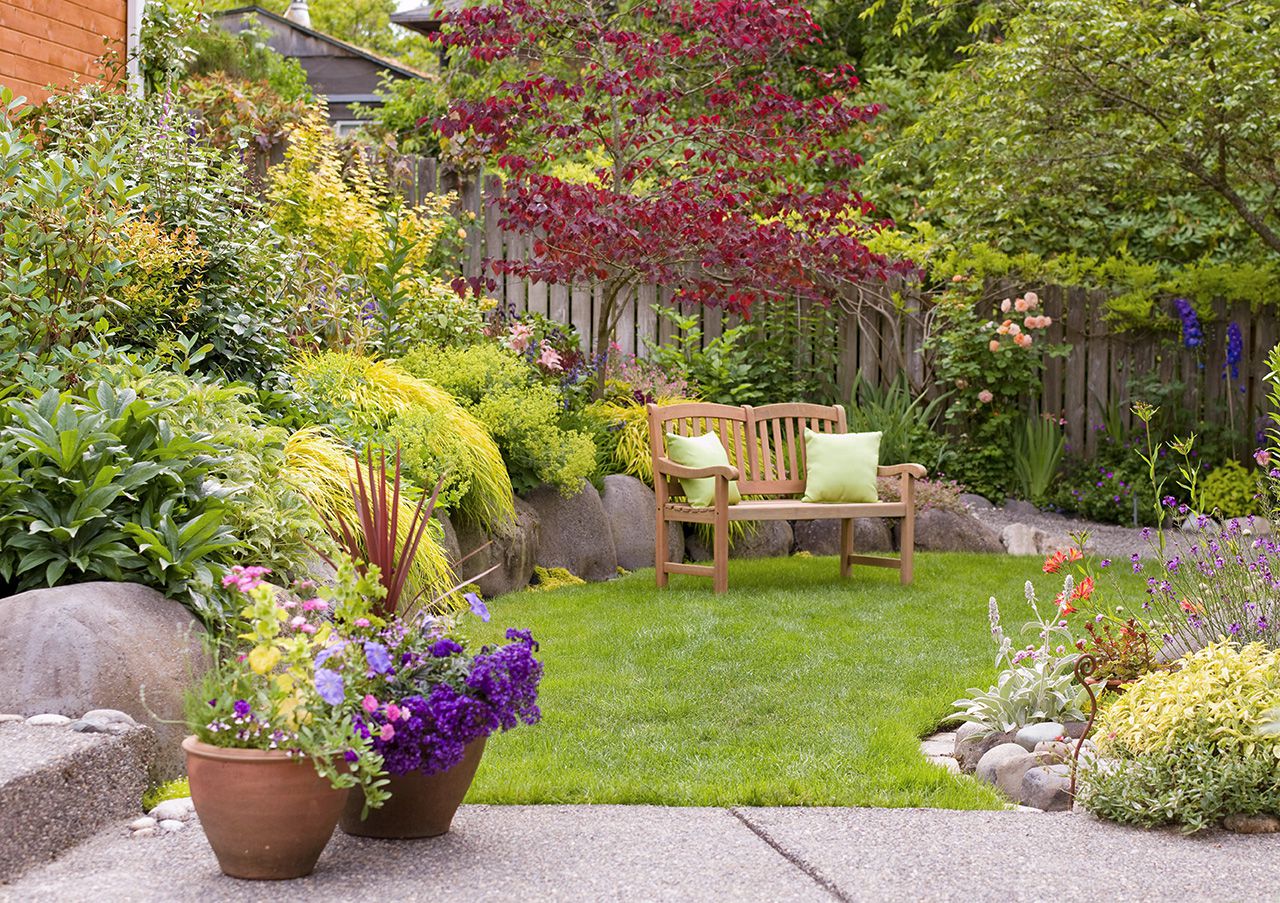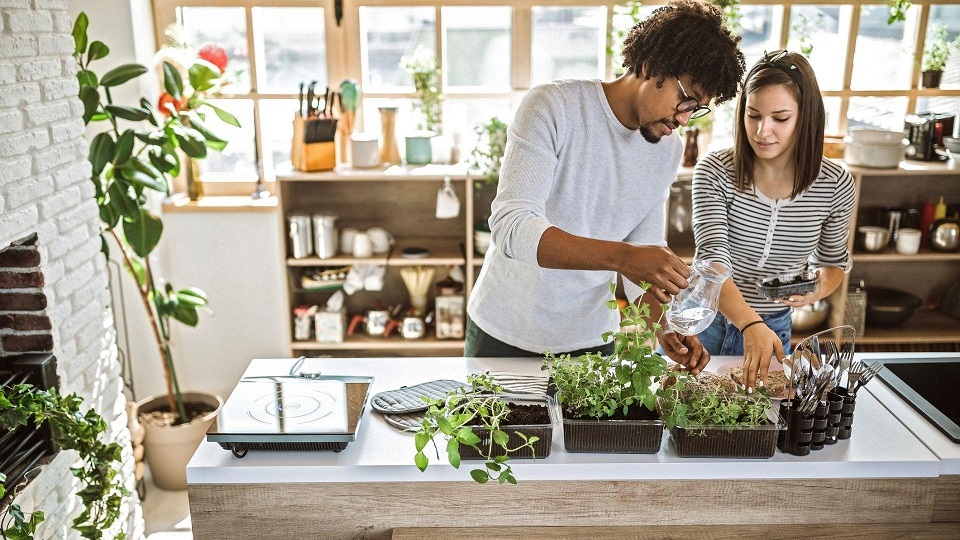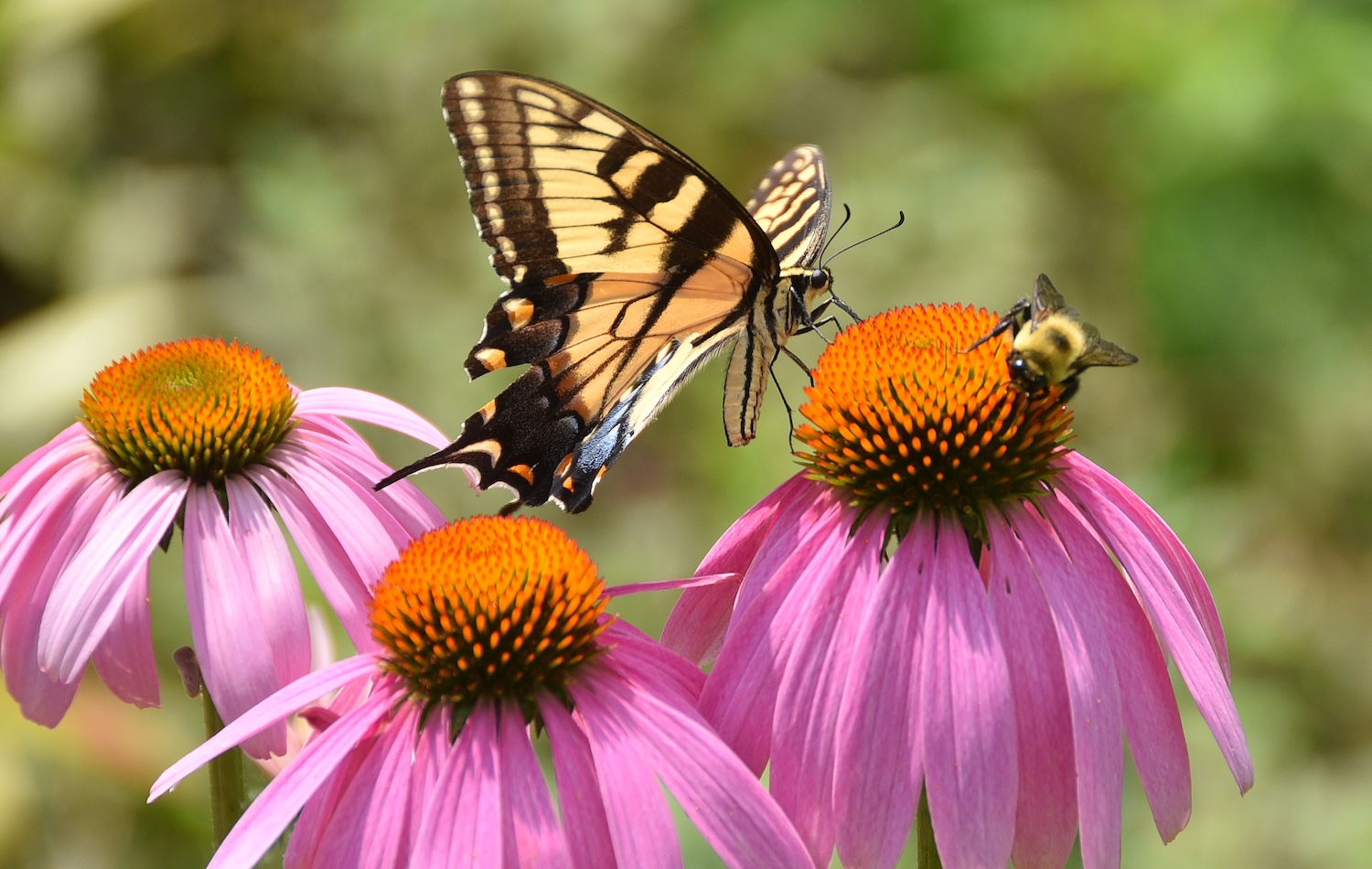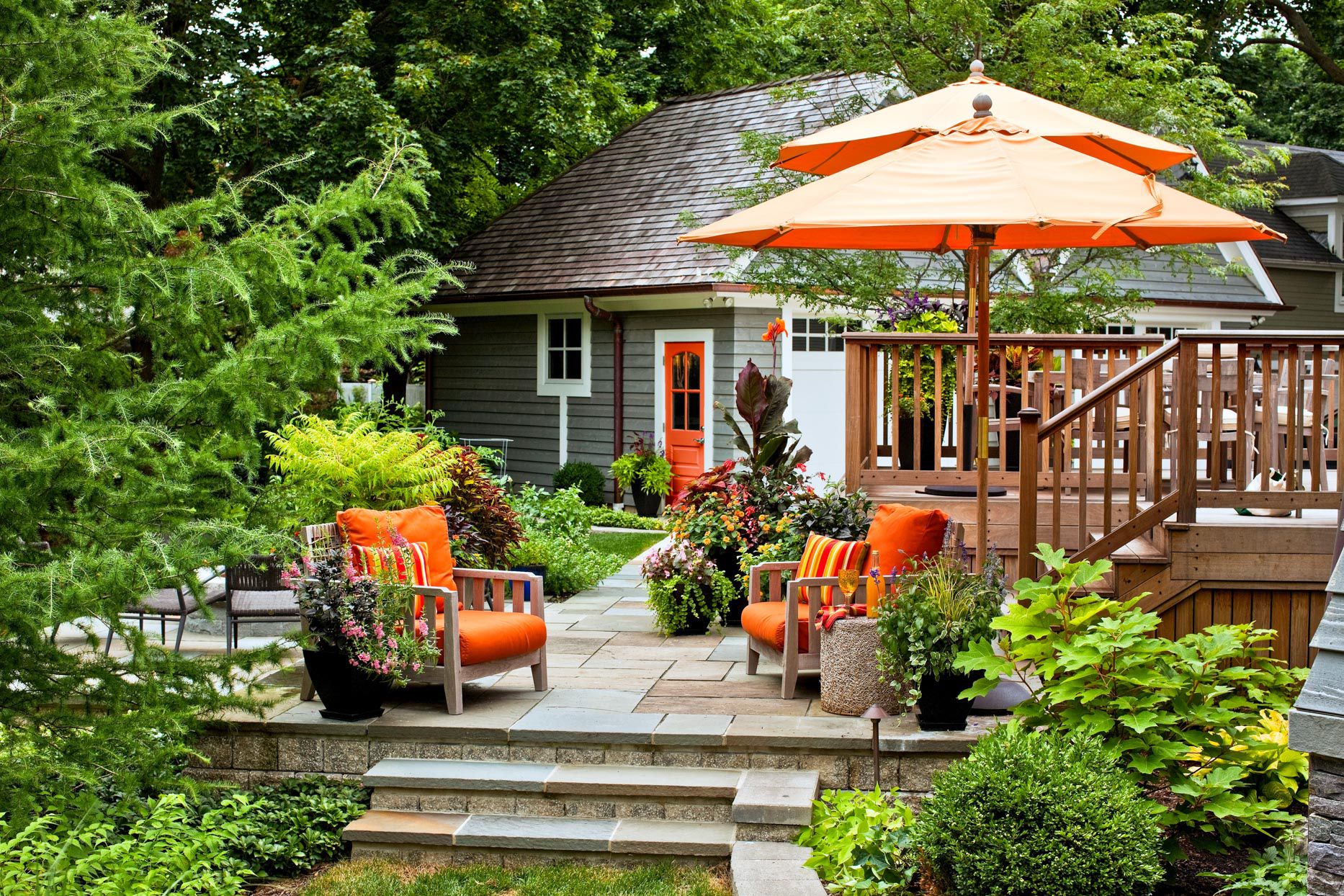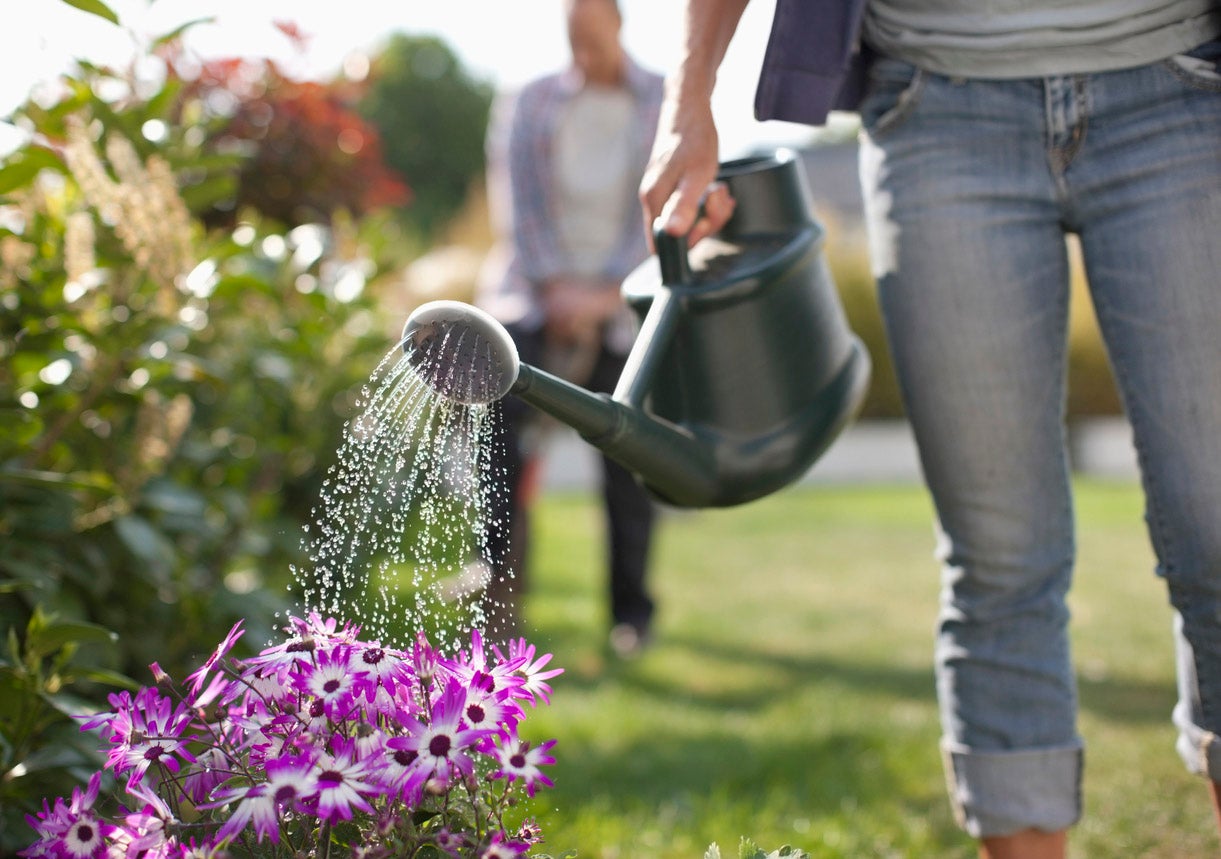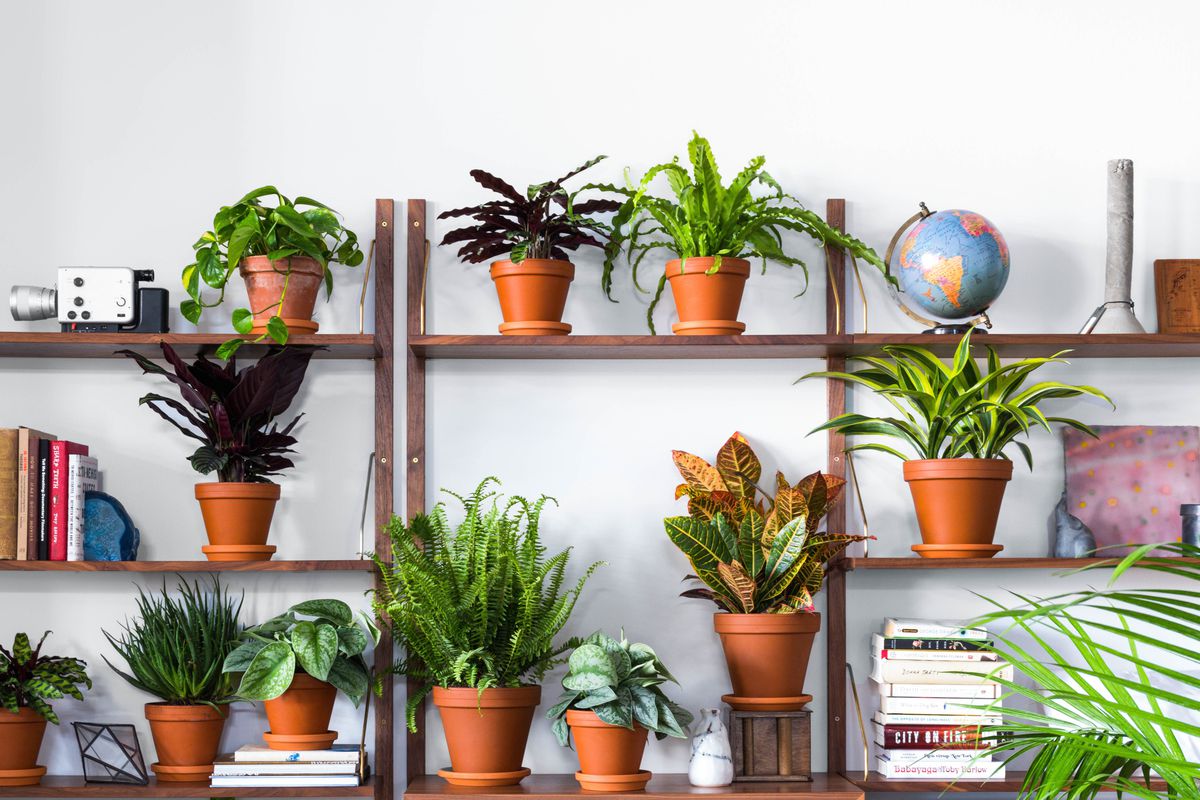Essential Home Gardening Tips for Beginners
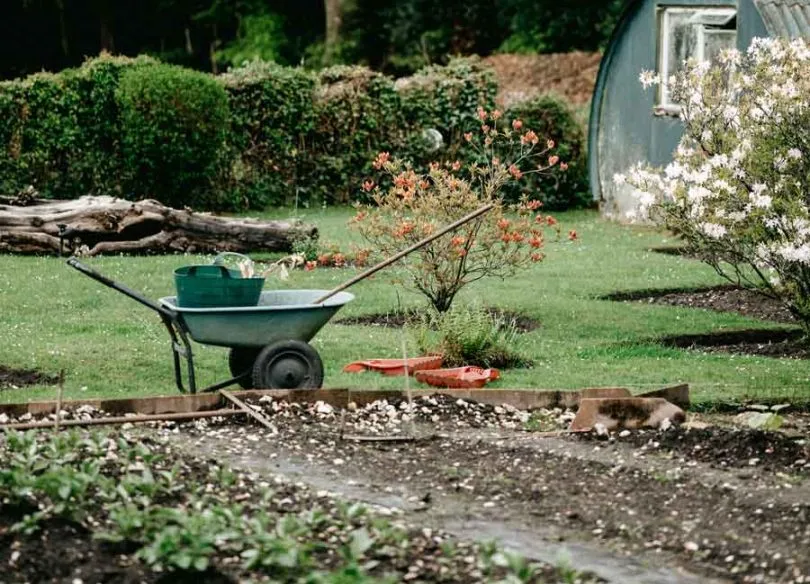
Anúncios
Gardening is a fun, relaxing activity that lets you enjoy nature right at home. Starting a garden at home is fun and rewarding, no matter how big or small your space is. Here are some important tips for people who are just starting out in farming that will help you have a great and fun time.
I. The Beginning
Anúncios
A. Why home gardening is important
Home planting is more than just a pleasure; it’s a way to connect with nature and feel better. For me, taking care of plants and seeing them grow makes me feel good and happy. Additionally, growing your own flowers, veggies, or fruits can help you live a better life.
Anúncios
B. Advantages for New Users
For people who are new to gardening, home gardening is a good way to ease into the world of plants. You can learn about plants, dirt, and the world without much stress. The benefits go beyond the yard; they also improve mental health and encourage a more environmentally friendly way of life.
II. Picking the Right Place
A. Needs for sunlight
It is very important to choose the right spot for your yard. If you want your plants to do well, put them somewhere that gets enough sunshine throughout the day. Think about how much sunshine different plants need and make plans based on that.
B. Convenience and ease of access
Make sure that the place you choose is easy to get to. A plant that is easy to get to will get more care and attention on a daily basis. This is very important for newbies who are still getting into a habit.
Step 3: Choose the Right Plants
A. Plants Ideal for Beginners
Choose plants that are known to be hardy and require little care. For starters, herbs like basil and mint and veggies like peppers and tomatoes are great choices. You have a better chance of success with these plants because they are forgiving.
B. Taking the local climate into account
Find out about the weather where you live and pick plants that do well there. This makes sure that your gardening efforts are in line with the natural conditions, which increases the chances of a garden that does well.
IV. Getting the soil ready
A. Why healthy soil is important
A garden that does well needs dirt that is healthy. Put soil health first by learning about its make-up and vitality. Add organic matter to the dirt to make it a better place for plants to grow.
B. Testing the soil and fixing it up
Do a soil test to find out its pH and nutrient levels before you plant. Depending on the results, add organic fertilisers or other changes to the dirt to make it the best place for plants to grow.
V. The Right Ways to Water
A. Time and Frequency
Set up a regular time to water your plants. Most plants would rather have deep watering sessions that happen less often than light ones that happen more often. Using water in the morning will keep it from evaporating too much and keep you healthy.
B. Not giving too much water
Beginners often make the mistake of overwatering. Let the dirt dry out a bit between watering to keep roots from getting too wet and plant diseases from spreading.
VI. Tools Every Beginner Should Have
A. Simple tools for gardening
Buy tools that you will need, like a shovel, pruners, and a watering can. For newbies, these tools make everyday jobs easier to handle and more fun.
B. Equipment You Have to Have
For bigger fields, you might want to get more advanced tools like a strong waggon or a good pump. These improvements make things run more smoothly and make farming easier.
7. Learn about bugs and illnesses
A. Common Pests in the Garden
Know about common yard pests that could hurt your plants. Aphids, snails, and insects often come to visit. Look over your plants often for signs of pests.
B. Natural Ways to Get Rid of Pests
Instead of using toxic poisons, look into ways to get rid of pests naturally. Alternatives that are better for the environment include companion planting, bringing helpful bugs, and using neem oil.
Eighth. Regular Upkeep
A. Cutting back and pruning
Trim and shape your plants often to help them grow in a healthy way. To keep the yard healthy, get rid of any stems that are dead or sick.
B. Ways to Get Rid of Weeds
Get rid of weeds right away so they don’t take nutrients away from your plants. Using mulch to stop weeds from growing is a good idea.
How to Compost Your Garden for Better Health
A. Why composting is a good idea
Composting is a practise that will last for a long time. Not only does it cut down on waste, but it also adds nutrients to the soil that make it better and more effective.
B. Some easy tips for composting
Put food scraps and garden waste in a garbage pile. Regularly turning the compost will help it break down and make sure the end result is full of nutrients.
X. Adopting ecologically sound methods
A. Fertilisers that are eco-friendly
Look into environmentally friendly types of fertiliser, like organic mixes or compost tea. These other options are good for the land and don’t hurt the earth.
B. Taking care of resources
Installing a drip watering system or catching rainwater are both good ways to save water. A garden that cares about the earth and is greener will use sustainable practises.
XI. Working through common problems
A. Leaves turning yellow
Yellowing leaves can mean a number of problems, such as not getting enough nutrients or too much water. Find out what’s wrong and fix it right away to get your plants healthy again.
B. Growth Stopped
If your plants aren’t growing as fast as they should, check things like sunshine, soil quality, and water access. Change the settings as needed to encourage the best growth.
12. How to Garden on a Budget
A. Tips That Save You Money
Gardening doesn’t have to cost a lot of money. For pots, tools, and soil amendments, look for cheaper options that don’t skimp on quality.
B. Do It Yourself Garden Fixes
Look into yard jobs that you can do yourself. You can add a personal touch to your farming by making things like fertiliser and plant labels yourself.
XIII. Joining groups that garden
A. Online chat rooms and communities
Use internet sites and social media groups to get in touch with other growers. Talk about your gardening adventures, ask for help, and learn from the gardening group as a whole.
B. Gardening groups in the area
Check out neighbourhood gardens or gardening clubs in your area. Joining these groups not only helps you learn new things, but it also brings you together with people who share your interests.
XIV. Happy about successes
A. Keeping track of progress
Write down your journey in a garden notebook. Write down your wins, problems, and new ideas. Taking time to think about your progress makes farming more personal.
B. Talking about successes
Enjoy your growing successes with family and friends. Sharing the happiness makes the whole thing better, whether it’s a bumper crop or the blooming of a particularly hardy plant.
XV. In conclusion
If you’ve never done planting at home before, it might seem scary to start, but with the right help, it can be fun and satisfying. By picking the right spot, learning about your plants, and using eco-friendly methods, you can make a garden that grows and brings you joy.
Get in now at https://bit.ly/J_Umma
FAQs
Is gardening at home possible in a small space?
Of course! If you don’t have a lot of room, container growing is a great choice.
How can I tell if the sun is shining on my plants enough?
Keep an eye on your plants. They are likely getting enough sunshine if they are growing and blooming.
If I have bug problems in my yard, what should I do?
First, look into natural ways to get rid of pests, like bringing in good bugs or using neem oil.
Can I start planting even though I’ve never done it before?
Of course! This article’s tips are designed to help people who are just starting out, making the process fun and easy to do.
How often should I give my plants water?
How often you water depends on things like the type of plant and the weather. For the best results, follow the steps given in the article.
